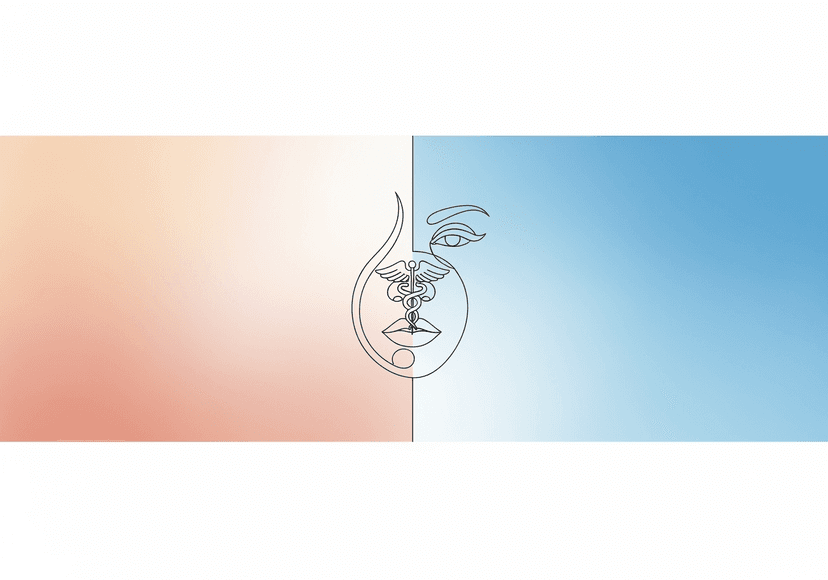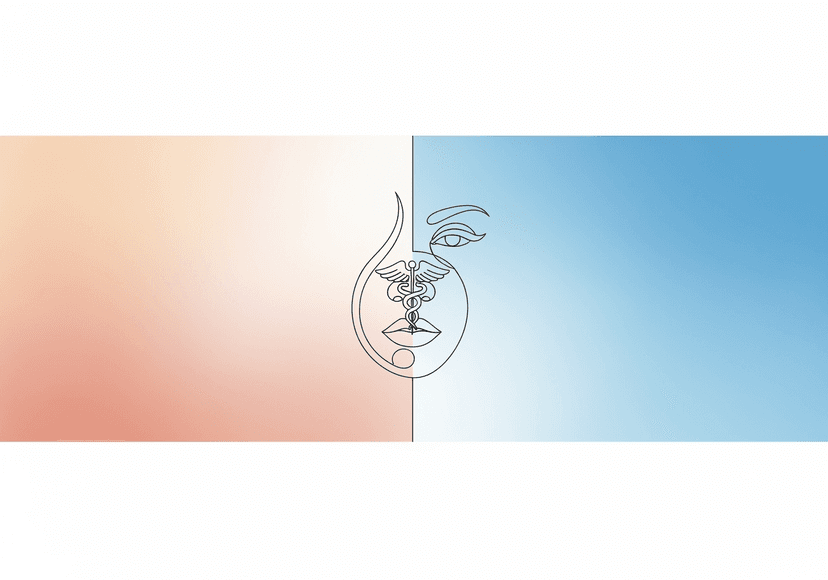
Post-Surgery Blues: Managing Pain After Rotator Cuff Surgery
07 Nov, 2024
 Healthtrip
HealthtripRotator cuff surgery can be a daunting experience, especially when it comes to managing pain after the procedure. You've made it through the surgery, and now it's time to focus on the road to recovery. But, let's face it, the thought of dealing with pain can be overwhelming. As you navigate this journey, it's essential to remember that you're not alone. Millions of people have undergone rotator cuff surgery and have come out the other side, stronger and more resilient. With the right mindset, support, and guidance, you can too.
Understanding Post-Surgery Pain
It's normal to feel some level of discomfort or pain after rotator cuff surgery. The surgery itself can cause inflammation, swelling, and bruising, which can lead to pain and stiffness in the affected area. Additionally, the anesthesia and pain medications used during the procedure can also contribute to post-surgery pain. However, it's essential to remember that pain is a natural part of the healing process, and with the right management, it can be controlled. Healthtrip's team of medical experts understand the importance of pain management and will work closely with you to develop a personalized plan to minimize discomfort and promote a smooth recovery.
Most popular procedures in India
Types of Post-Surgery Pain
There are several types of pain you may experience after rotator cuff surgery, including acute pain, chronic pain, and neuropathic pain. Acute pain is usually severe and short-term, typically lasting a few days to a few weeks after surgery. Chronic pain, on the other hand, is long-term and can persist for months or even years after surgery. Neuropathic pain is a type of chronic pain that occurs when there is damage to the nerves. Understanding the type of pain you're experiencing is crucial in developing an effective pain management plan.
Wellness Treatments
Give yourself the time to relax
Lowest Prices Guaranteed!

Lowest Prices Guaranteed!
Pain Management Strategies
Fortunately, there are several pain management strategies that can help alleviate post-surgery pain. One of the most effective ways to manage pain is through medication. Your healthcare provider may prescribe pain medication, such as opioids, nonsteroidal anti-inflammatory drugs (NSAIDs), or muscle relaxants, to help control pain and discomfort. However, it's essential to follow the prescribed dosage and guidelines to avoid addiction and other complications. Additionally, Healthtrip's team of medical experts may recommend alternative therapies, such as physical therapy, acupuncture, or massage, to help reduce pain and promote healing.
Non-Medication Pain Management Techniques
In addition to medication, there are several non-medication pain management techniques that can be effective in reducing post-surgery pain. One of the most effective techniques is deep breathing exercises. Deep breathing can help reduce stress and anxiety, which can exacerbate pain. Additionally, techniques such as progressive muscle relaxation, visualization, and meditation can also help reduce pain and promote relaxation. Healthtrip's team of medical experts can provide guidance on these techniques and help you develop a personalized pain management plan.
Lifestyle Changes for Pain Management
Making lifestyle changes can also play a significant role in managing post-surgery pain. Getting enough rest, eating a balanced diet, and staying hydrated can help promote healing and reduce pain. Additionally, avoiding heavy lifting, bending, or strenuous activities can help reduce strain on the affected area and promote recovery. Healthtrip's team of medical experts can provide guidance on making these lifestyle changes and offer support and encouragement throughout the recovery process.
The Importance of Follow-Up Care
Follow-up care is crucial in managing post-surgery pain and promoting a smooth recovery. Regular check-ups with your healthcare provider can help identify any potential complications early on and make adjustments to your pain management plan as needed. Healthtrip's team of medical experts will work closely with you to develop a personalized follow-up care plan, ensuring that you receive the support and guidance you need throughout the recovery process.
Conclusion
Managing pain after rotator cuff surgery can be challenging, but with the right mindset, support, and guidance, it can be controlled. By understanding the types of post-surgery pain, developing an effective pain management plan, and making lifestyle changes, you can promote a smooth recovery and reduce discomfort. Remember, you're not alone in this journey. Healthtrip's team of medical experts is here to support and guide you every step of the way, ensuring that you receive the best possible care and achieve a successful recovery.
Related Blogs

Who Should Consider Plastic Surgery? Healthtrip Expert Insights
Detailed guide on plastic surgery, featuring doctors, hospitals, risks, recovery,

Comparing Success Rates of Plastic Surgery Across Healthtrip Hospitals
Detailed guide on plastic surgery, featuring doctors, hospitals, risks, recovery,

Latest Techniques Used for Plastic Surgery in India via Healthtrip
Detailed guide on plastic surgery, featuring doctors, hospitals, risks, recovery,

Healthtrip's Process for Booking Your Plastic Surgery in India
Detailed guide on plastic surgery, featuring doctors, hospitals, risks, recovery,

Best Doctors for Plastic Surgery in Top Healthtrip Hospitals
Detailed guide on plastic surgery, featuring doctors, hospitals, risks, recovery,

Best Doctors for Plastic Surgery in Top Healthtrip Hospitals
Detailed guide on plastic surgery, featuring doctors, hospitals, risks, recovery,










